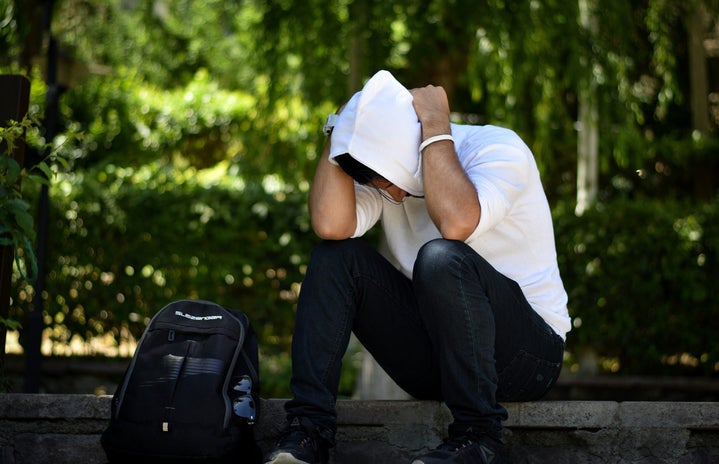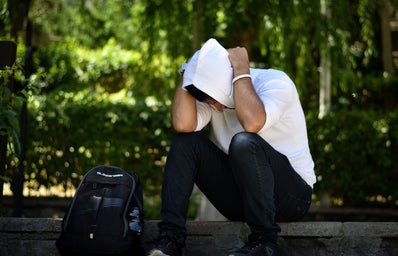We’re about halfway through February and for most of us, our New Year’s resolutions are long gone. We were sure that we would be hitting the gym three times a week, finally keeping our room tidy and having all our assignments done weeks early… but here we are, sitting on the couch with Netflix on and a growing pile of almost-due homework that we just keep putting off. We fell right back into the old habits we swore we would change, what happened?
A Losing Battle
When we decide to form a new habit, we’re already fighting an uphill battle. Our brain absolutely loves old habits and taking the familiar path. In fact, it likes it so much that it finds clever ways to keep these old habits around. Let’s dig into a little neuroscience to understand how exactly this happens.
Our brain is filled with neurons, building blocks that allow different parts of our brain to interact with one another. These interactions are how we can actually do things in our lives, from choosing to start our assigned readings on time to scrolling through social media instead.
Whenever we do the same activity more than once, our brain forms a myelin sheath around our neural pathways to insulate them and make energy flow more efficiently. Just like our mittens prevent our hands from losing heat in the winter, the myelin sheath prevents our neural pathways from losing energy. Basically, the better our energy is working for us, the easier things in our lives become. The more times we do something, the stronger this myelin sheath becomes and the easier it becomes to do that task another time. Here’s the kicker: healthy myelin doesn’t go away.
What does that mean for us? Well, habits are all about doing the same thing multiple times. When we build a habit – whether it’s good or bad – we also build stronger myelin sheaths, bringing us into a cycle of easily repeating the same action. But when we want to replace a habit with a better one, that makes it all the more difficult. How can we overcome this?
Fight Back
When it comes to habit building, it’s all about repetition. If we can’t get rid of old myelin sheaths, we need to build new, stronger ones in their place by reluctantly repeating our good habits instead. Practice really does make perfect!
To make this happen, it’s important to remember that we are fighting back against old habits that are way easier to stick with than new ones. The strategy: make your old habits harder to start and make all your new habits easier than those old ones so that it’s hard to avoid them. Want to start running every morning? Sleep in your gym clothes with your runners right next to your bed. Want to start journaling at the end of the day? Leave your journal on top of your made bed in the morning so that you can’t get into bed without seeing it that night. Want to stay off social media during the school day? Program your phone to block all social media sites until 7 p.m. (yes, I’ve done all these things, and yes, they worked). By making your new habits impossible to ignore and your old ones harder to do, you’ll be able to keep rebuilding stronger connections until your good habits become routine.
Most importantly, when you slip back into old habits – and trust me, we all will at some point – treat yourself with kindness, acceptance and compassion. Remember that you are fighting a hard battle and it is completely normal to have some setbacks. Moving one step back does not erase all the progress that you’ve made, and you can always get right back on track tomorrow!




